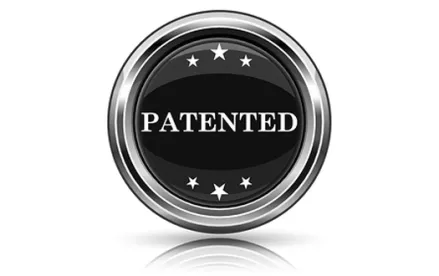On December 9, 2014, the Patent Trial and Appeal Board (PTAB) issued final decisions in three inter partes review (IPR) proceedings filed by Amneal Pharmaceuticals challenging three patents listed in the Orange Book for Oracea® (doxycycline). In each case, the PTAB found that Amneal had not proved by a preponderance of the evidence that the challenged claims were unpatentable. These decisions represent the first IPR Final Decision on an Orange Book-listed patent since the enactment of the America Invents Act.
Amneal filed three IPR petitions in June 2013 challenging certain claims of US Patent Nos. 8,394,406, 8,206,740 and 8,394,405 as obvious. In September 2013, the patent owner Supernus filed responses requesting the PTAB deny the petitions. Supernus highlighted, inter alia, that the prior art relied on by Amneal was cited to the examiner during prosecution of each of the challenged patents and that a district court previously upheld the validity of the parent patent under the same combinations of prior art asserted by Amneal. In December 2013, the PTAB instituted each of the IPRs, finding Amneal "established a reasonable likelihood that it would prevail" on one of the four grounds raised in their petitions. (See, e.g., IPR2013-00368, Decision to Institute Inter Partes Review, p. 13.)[1] The parties then proceeded through the expedited IPR discovery period. Ultimately, because the IPRs were instituted on the same ground for each of the three patents, a consolidated oral argument for all three IPR proceedings was conducted in August 2014.
In its final decisions, the PTAB construed the claims using the "broadest reasonable interpretation" standard, which is consistent with how claims are construed during patent examination. Notably, the decisions focused on the construction of the claim term "delayed release." Amneal advanced the position that the term should be construed broadly to mean "release of a drug at a time other than immediately following oral administration." While Supernus did not disagree with that portion of the definition, they advocated that the specification further defined this term to include "no substantial release of [a drug] in the acidic stomach environment of approximately below pH 4.5." The PTAB sided with Amneal, refusing to "read the limitations of an embodiment, even a preferred embodiment, into the construction of a claim term that is plainly used elsewhere in the specification more broadly." (IPR2013-00368, Final Written Decision, p. 7 (internal citations omitted).)
As to obviousness, the PTAB found that Amneal failed to show the prior art disclosed the "delayed release" limitation of the claims. Specifically, the PTAB found Supernus' expert testimony persuasive, holding that Amneal's interpretation of the prior art "would read the phrase 'delayed release' out of the claim." (IPR2013-00368, Final Written Decision, p. 13 (internal citations omitted).) Thus, despite previously finding Amneal established "a reasonable likelihood" to prevail, after considering a more fully developed record, the PTAB held that Amneal failed to prove that the challenged claims were obvious on the asserted grounds.
[1] The PTAB rejected ground (1), found a reasonable likelihood for ground (2), and did not reach grounds (3) and (4) because they were redundant of ground (2).





 />i
/>i